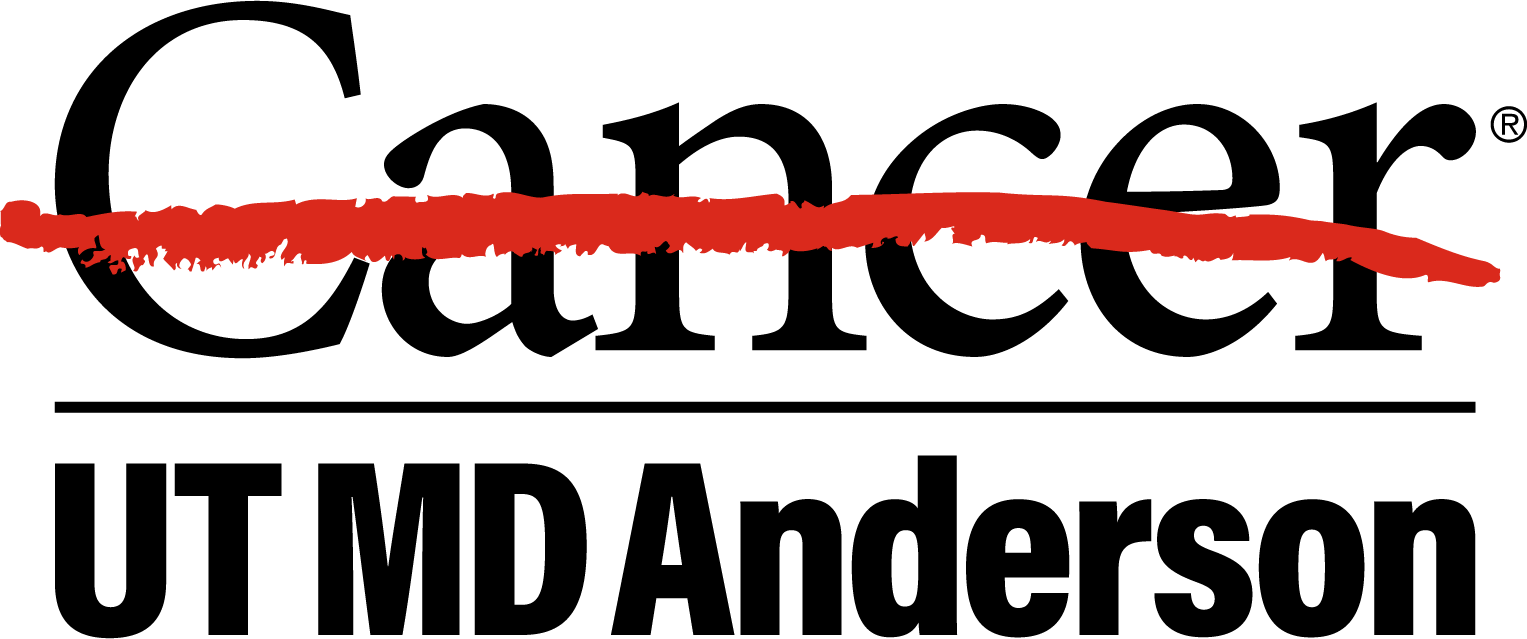Diet and Cancer
January 02, 2012
A growing body of research has revealed that diet is thought to account for about 30% of cancers in Western countries.
Clare McKindley, clinical dietician in MD Anderson's Department of Clinical Nutrition, says choosing the right foods comes down to knowing one's physiological needs and practicing self-respect.
"Knowing what your food behaviors are is the first step in determining the most healthful feeding frequency for a person's nutritional and health goals."
Balancing your plate
The American Institute for Cancer Research (AICR) recommends that two-thirds of one's plate include vegetables, fruits, whole grains and beans. Foods and beverages that may support a reduced risk for cancer include:
- Beans
- Berries
- Cruciferous vegetables
- Dark green leafy vegetables
- Flaxseed
- Garlic
- Grapes and grape juice
- Green tea
- Soy
- Tomatoes
- Whole grains
These plant-based foods help maintain the integrity of the body's systems because the contain:
- Phytochemicals
- Antioxidants
- Vitamins
- Minerals
- Protein
- Fibrous carbohydrates
- Healthful fats
Specific nutrients found in these types of foods are beneficial because they may:
- Promote cell development
- Facilitate DNA replication
- Neutralize free radicals
- Maintain the integrity of the gut
- Combat inflammatory responses
Caution advised
Foods and beverages that the AICR states should be consumed in moderation include:
- Energy-dense foods and sugary drinks (to prevent and control weight gain, overweight and obesity)
- Red meat (beef, pork, lamb and goat -- fewer than 18 ounces per week)
- Processed meat (cured/salted, smoked or chemically preserved)
- Alcoholic drinks (limit to two drinks per day for males and one drink per day for females)
- Salt (limit to 2.4 grams of sodium per day)
- Moldy cereals and legumes
McKindley encourages her clients to build a healthy relationship with foods by refraining from labeling them as "good" or "bad." A healthier and more accurate alternative is to label foods as "high-calorie/low-nutrient-dense" or "low-calorie/high-nutrient-dense."
Nutrient-dense foods combat weight gain, overweight and obesity when practicing healthy food behaviors. The level of body fatness increases the risk for:
- Esophageal cancer
- Pancreatic cancer
- Colorectal cancer
- Postmenopausal breast cancer
- Endometrial cancer
- Kidney cancer
Eating for fuel or emotional need
McKindley also suggests that clients look at the activity and emotional patterns of eating to fuel the body appropriately for activity level and type. They should avoid "high-risk" foods or food establishments to reduce the risk for overconsumption, emotional eating or compulsive intake.
"Why emotionally abuse yourself by placing trigger foods all around you all the time and expect yourself to have willpower against consuming the food or beverage?" she says. "Think about the environment you are in or the stress you are under before you make a food choice."
At each mealtime, people should set measurable goals. They should ask themselves several basic questions when faced with a food decision:
- How will this food or beverage help me achieve my goals?
- How will this food work for me?
- What is one fact about this food?
- How do I feel before, during and after eating or drinking the food/beverage I am eating?
After eating, people should then explore which factors or barriers allowed them to "succeed" or to "fail."
Ideally, people should consume the first portion-controlled meal of the day within two hours of waking. Then, they should eat the remaining meals at a four-to-six-hour frequency, McKindley says. The recommended number of daily meals varies with the individual's calorie needs. His or her ability to consume those calories is also a factor.
Listen to your body
To avoid passing the body's physiological time to eat, all individuals should listen to body hunger cues. These include:
- Headache
- Difficulty concentrating
- Irritability
- Nausea
- Low energy
- Emptiness in stomach
Above all, McKindley says, people must hold themselves accountable for their food choices. They must attempt to view their diet not only as a means of staying in shape, but also as a key component of wellness.
"Take control and responsibility for your actions, and be empowered to make changes for your health one step at a time."
